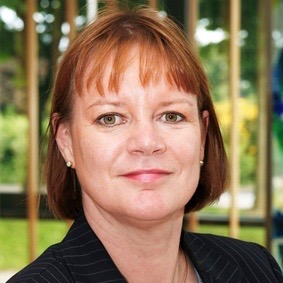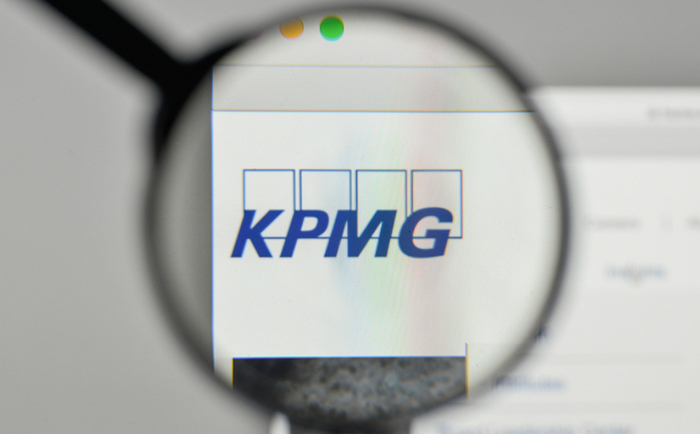Why do most boards work well, notwithstanding the information gap between managers and non-executive directors?
Information asymmetry—the difference between the company-specific information available to management and what is presented to boards—is often considered an impediment to board effectiveness.
Information asymmetry paradox
Admittedly, in some cases, governance failure arises because information is deliberately withheld from boards.
However, we argue that, paradoxically, it is by virtue of information asymmetry that non-executive directors can contribute to board meetings.
Information asymmetry creates the context in which non-executive directors are expected to question and challenge managers.
In other words, if there was no information asymmetry, and non-executive directors had the full company-specific information of managers, their contributions to the board would be limited. There would be no important questions to ask at board meetings that they could not answer themselves.
We suggest that instead of acting as a barrier to effective board performance, information asymmetry is a necessary condition for effective boardroom accountability.
We call this the “information asymmetry paradox”.
Notwithstanding the external knowledge and experiences that non-executive directors bring to the board, they do not have the detailed day-to-day information of the business operations and/or detailed industry knowledge that managers have.
Managers often complain that the board does not know enough about their business.
Indeed, many consider boards unable to carry out their duties because they do not know as much about the business as management.
This view is alarming, but becomes less so when board and management information are considered to be different but complementary.
Nature of board
We arrive at our information asymmetry paradox by moving away from what is/is not known by managers/non-executive directors and, instead, by considering the nature of the information sets of the two groups.
Their different information sets allow non-executive directors to make a contribution. We differentiate managers’ information as tacit or implicit, and board information as primarily explicit.
The one complements the other. The tacit-explicit information distinction explains the differences and the interdependence between management and board information.
Management information is primary and direct; board information is secondary and mediated. The stimulus-response directness in managers’ information experience contrasts with more formal board experiences—rush hour compared with rules of the road.
The significant difference between management and board information is that management information is based on primary, direct experience. It is often incommunicable and ambiguous. Board information, on the other hand, is hearsay derived from secondary sources such as papers, reports and presentations.
Accepted guidelines suggest that, to be effective, board information should be high quality, relevant and clear. It should be distributed in a timely manner to allow non-executive directors to thoroughly consider the issues in advance of the meeting.
The difference between managerial and board information is the difference between originating or initiating the information and receiving or formally processing that information.
This view of management as originators and board members as recipients of information may provide a framework for resolving the information asymmetry paradox. The difference between the live, primary and personal information of management, and the processed and collective information of boards is essentially the difference between implicit/tacit and explicit information.
The importance of tacit/implicit information was also acknowledged in the 2009 UK Walker Review following the banking crisis:
The chairman, EDs and NEDs need to be experts in the ability to observe, interpret and draw conclusions about what people are giving clues about, but not talking about: that is, interpreting what lies just below the surface.
A necessary condition
The paradox is that information asymmetry is a necessary condition for effective boards. By engaging with boards, managers are required to account for their actions and to make explicit what otherwise would be implicit and inaccessible.
Information asymmetry between boards and management is a fact. Management has more company-specific information. Boards depend on management for much of their information.
Accountability, involving the process of transition from the individual judgements of managers to the collective judgements of boards, is the real manager/non-executive director information dynamic.
For some commentators, to be truly effective, directors should overcome information asymmetry so that they will have a firm grasp of the business and its risks.
However, we contend that any demand for information equivalence between boards and management fails to recognise that much of the valuable information in organisations is specific to individuals and is tacit and is not readily communicable.
Conclusion
It is important to understand the distinction between the different information sets available to managers and non-executive directors when deciding on board composition and processes.
Understanding the distinction may assist in establishing and assessing the information-sharing processes and assist in the induction, education and ongoing development of managers, non-executive directors and chairpersons.
The two distinct information streams join in a common outcome and a shared judgement as expressed in the time-honoured minute of decision: “It was resolved…”.
Professor Niamh Brennan is the Michael MacCormac professor of management at University College Dublin; Dr Collette Kirwan is lecturer in accounting at the Quinn School of Business; and John Redmond is company secretary of the Electricity Supply Board.







